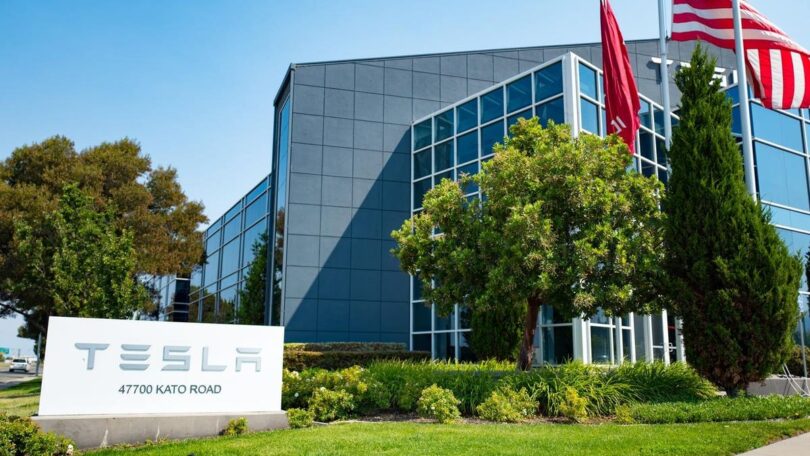It’s a problem faced by millions who’ve bought electric vehicles – approximate rather than exact mileage ranges. Now three Tesla owners in California are doing something about it.
The three owners filed a proposed class action lawsuit suit yesterday against the electric automaker. accusing Tesla of falsely advertising the estimated driving ranges of its electric vehicles.
The suit, filed in the U.S. District Court for the Northern District of California, cites a Reuters article published July 27 saying Tesla had created a “Diversion Team” in Nevada whose entire purpose was to to cancel as many range-related appointments as it could after the company was flooded with complaints about short mileage.
2018 Tesla X 100D
Reuters had also reported that about ten years ago, Tesla wrote algorithms for their in-dash range meters predicting best-scenario estimates for how many miles drivers could count on if they had full batteries, according to an unnamed source. Tesla and owner Elon Musk did not reply to requests for comment, according to Reuters. But Tesla hasn’t responded to any press inquiries since 2020.
The lawsuit says the practice of overestimating mileage violated the vehicles’ warranties and amounted to both unfair competition, and fraud.
“Put simply, Tesla has a duty to deliver a product that performs as advertised,” Adam A. Edwards, an attorney at Milberg Coleman Bryson Phillips Grossman, the firm representing Tesla owners in the lawsuit, said in a statement.
The lawsuit’s three plaintiffs say their complaints to the company went unanswered and that their Teslas didn’t achieve anywhere near their advertised ranges.
California-based James Porter, who owns a Model Y, stated that he “lost approximately 182 miles of range—despite only driving 92 miles.”
The lawsuit, which seeks unspecified damages, states: “Had Tesla honestly advertised its electric vehicle ranges, consumers either would not have purchased Tesla model vehicles, or else would have paid substantially less for them.”
The complaint represents “all persons in California who purchased a new Tesla Model 3, Model S, Model Y, and Model X vehicle.”
This comes after another Tesla owner in California filed filed a proposed consumer class action in April after Reuters reported that Tesla employees had shared sensitive videos and images captured by cars’ cameras. Tesla denied those claims. South Korean regulators in January fined Tesla $2.2 million for exaggerating the range of its vehicles in cold weather.
Tesla has also come under fire over its “Full Self-Driving Technology” and its autopilot system safety issues in recent years.
Mileage projections have been been an exact science, but experts say drivers should rely on their battery indicators for more accurate mileage projections, rather than by watching the numbers on the “Estimated range” meter. Owners should also:
*Watch their speed. 60 MPH is the recommended highway speed to achieve in the best mileage.
*Drive in Eco mode. Some cars don’t automatically set to “Eco,” so make sure yours is activated to get better mileage.
*Accelerate to speed smoothly – don’t stamp on the pedal when you pull onto the freeway.
*Choose the most efficient route. Long stretches of highway are the best for mileage as opposed to roads that twist and turn.








